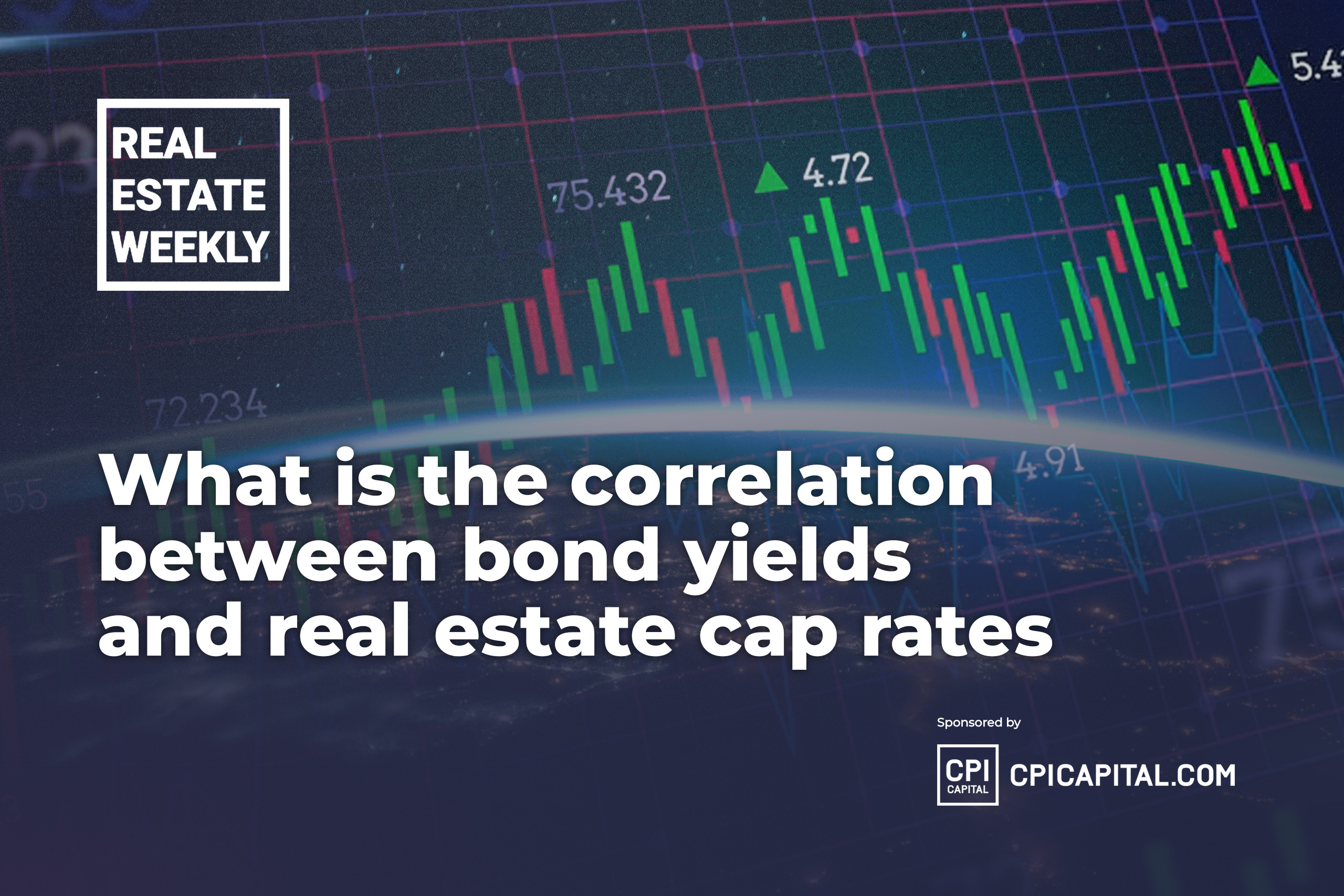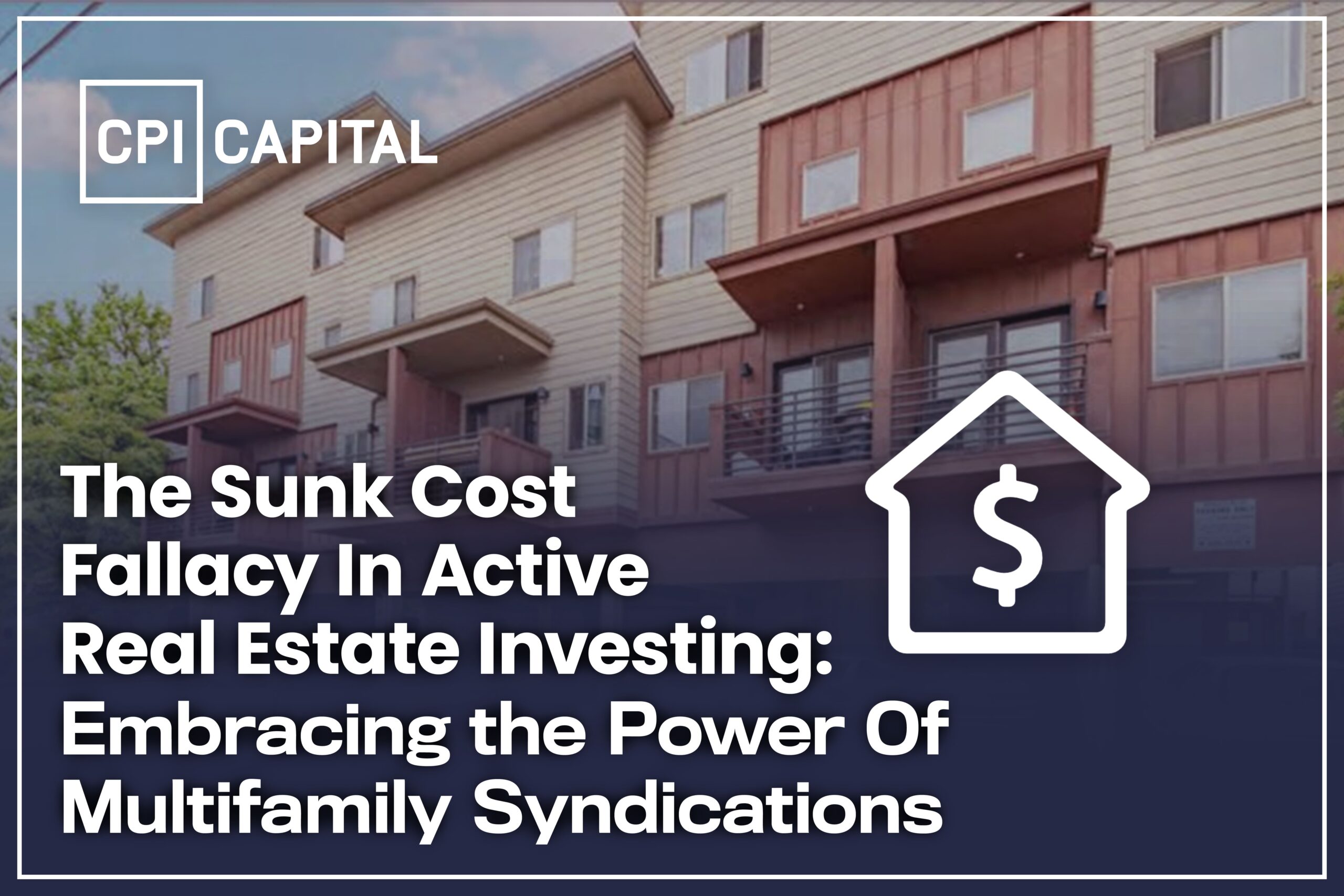
Hello Hi there,
For anyone with an interest in investment, whether it be in the real estate market or stocks and shares, you will probably keep a close watch on key economic indicators as they relate to the US and Canadian economies.
Over the last few months, as attention has shifted away from the daily updates on the pandemic, inflation has again become a hot topic.
For the past decade or so, inflation has averaged under 2% a year in both the US and Canada. Yet, over the last year, inflation is rising much faster than before and the latest data shows that, almost across the board, consumer prices have risen around 5% and 3.7%, respectively, from a year earlier. This should not be unduly surprising given the low interest rate environment which currently exists and the huge amount of liquidity in the two economies—both measures instigated by the respective governments to stimulate business activity following the damage done to the economies by the pandemic.
However, there are some fears that these two North American economies are overheating and, given that inflation harms an economy from both a business and personal perspective, most governments are keen to rein it in.
But what about the real estate market?
Having said the above, inflation can actually be seen as a positive for the real estate market and for investors.
There are several reasons for this:
Firstly, property prices tend to rise with inflation, especially in a low interest rate environment and, so, real estate is generally viewed as a good asset to hold in inflationary times.
If basic supply and demand is in equilibrium, property prices will remain steady. But the addition of ample liquidity and availability of relatively low-cost finance will encourage more people to seek higher loans or plan to move and upgrade their property. Demand for real estate is forced higher—with the resultant price increases.
Furthermore, as most investors have loans on the property, such leverage magnifies returns based on the equity invested.
Secondly, in addition to capital values rising, rents in multi-family homes also tend to rise when inflation is high. As inflation rates increase, governments and banks will raise interest rates to help control inflation. This has a knock-on effect and home loan or borrowing rates will rise.
It, therefore, can become more difficult to get a mortgage as buyers have reduced purchasing power as the cost of borrowing increases. So, more people continue to rent, postponing any plans they may have to buy a property. Rental demand and rentals increase accordingly.
Either way, property investors can benefit as real estate has intrinsic value; people need a place to stay irrespective of the state of the economy or the rate of inflation.
But, generally, higher inflation is a positive for experienced multi-family homes investors.
So, maybe now is the time to decide if investment into one of our multi-family projects will help you keep ahead of inflation and bring better returns?
– Ava Benesocky
CEO, Co-Founder
– August Biniaz
CSO, COO, Co-Founder

Ready to build true wealth for your family?
It all starts with passive income. Apply to join the CPI Capital Investor Club.
Search
Recommended

What is the Correlation Between Bond Yields and Real Estate Cap Rates?
Dear valued existing investors and future investors, Welcome to CPI Capital's regular news...

The Sunk Cost Fallacy In Active Real Estate Investing: Embracing The Power of Multifamily Syndications
Dear valued existing investors and future investors, Welcome to this week's CPI Capital's news...

Key Metrics Every Multifamily Investor Needs to Know
Dear valued existing investors and future investors, Welcome once again to this week’s CPI...


